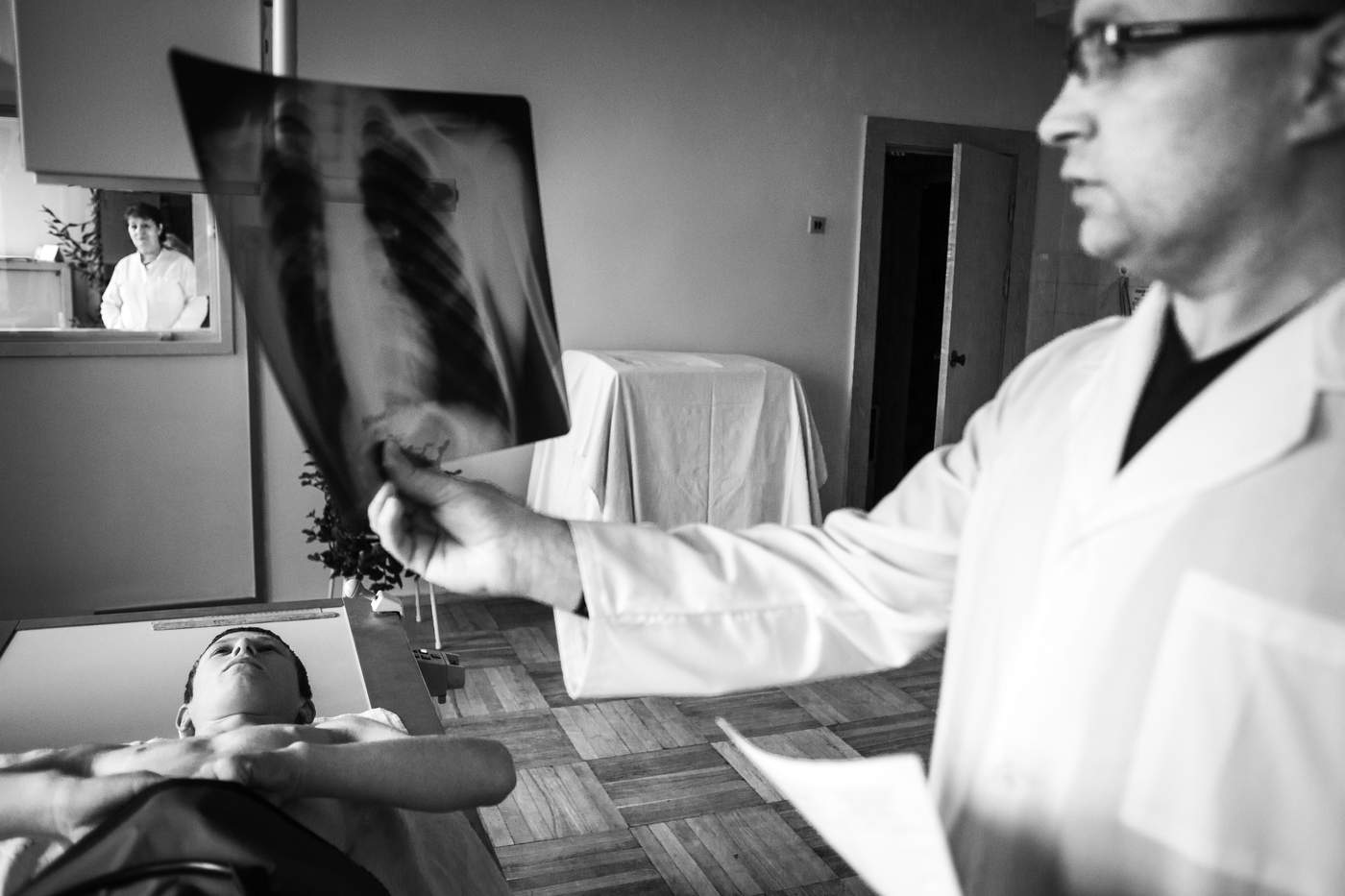IOM is perhaps best known for helping to bring refugees from temporary camps and settlements to new homes and new lives in peaceful countries where they can live without fear of persecution or peril. There are many stages in this journey, from preparation, learning a new language, to hearing about a new culture, and being pronounced “fit for travel”. Most countries that take in refugees have to ensure that they are TB free.

We have built state of the art TB diagnostic laboratories and treatment centres in the most remote locations in order to ensure that people being resettled can meet the requirements of their new host countries. More than that, we then find ways to extend these services to local people in the catchment area.

This serves two purposes. It contains TB, as there is always contact between populations in refugee camps and people living nearby. It also ensures there is no resentment, and that everyone has the same access to better treatment. In this way, IOM has become one of the biggest TB diagnosis and treatment agencies in the world.
The second reason that we are active in TB work is because TB travels with people. If we fall ill in our own country, we seek advice and more often than not we receive simple treatment and get well again.

But consider the migrant; often young, confused, perhaps unable to speak the language of his or her new country. They fear getting ill and being unable to work as they have large extended families back home depending on them. They have no idea that (at least in theory, in most countries) they have same right to healthcare as the citizens of that country.

IOM works with governments to ensure that migrants know their rights, and can receive life-saving information in time. This makes absolute sense, as it keeps migrant workers healthy, often doing the low-paid and dangerous jobs that local people don’t want to do. More than that, it ensures that all communities are protected, and that migrants are not stigmatized as spreaders of disease.
